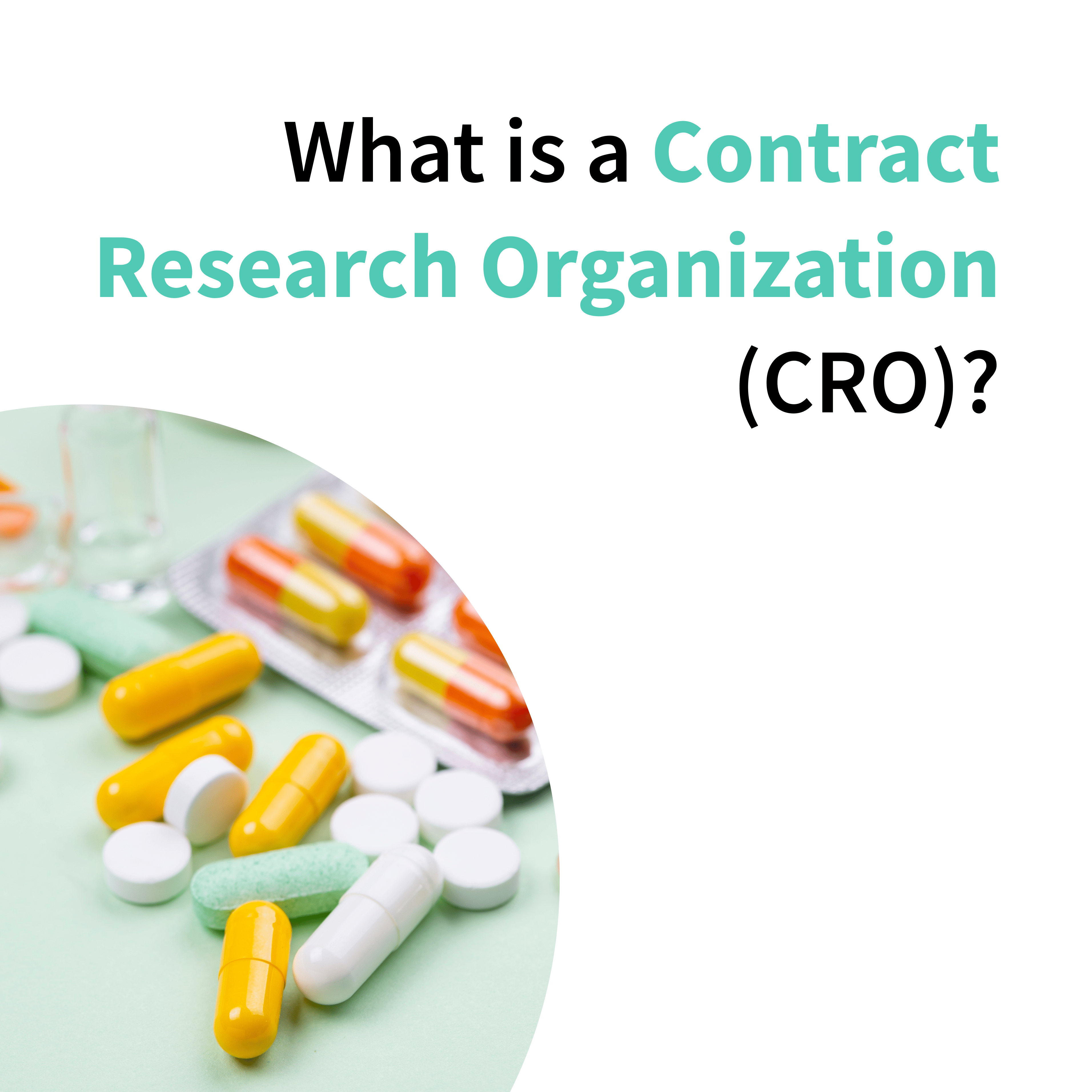What is a Contract Research Organization (CRO)?
Humanity is in a constant battle against diseases, with pharmaceutical and biotechnological companies playing a crucial role in the fight. These companies undertake the arduous task of experimenting with thousands of compounds to find the ones that can target specific diseases.
However, this journey is long and challenging, with success in each stage of the Drug Discovery and Development process requiring expertise in areas such as High Content/Throughput Screening or toxicity assays and with a high percentage of failure. Some parts of the process are strictly regulated, adding another layer of complexity to the path from the laboratory bench to clinical trials and ultimately to the market. Not only is this process extremely complex and has a high percentage of risk, but it is also extremely expensive.
Research and development (R&D) companies rely on a Contract Research Organization (CRO) to assist in this endeavor.
What Does a CRO Do?
A CRO operates on a contractual basis and provides specialized knowledge and expertise tailored to different stages of the Drug Discovery and Development process, including pre-clinical and clinical phases. They assist in data collection, trial monitoring, and ensuring regulatory and ethical compliance, enabling R&D companies to accelerate their progress and gain a competitive advantage in introducing new compounds to the market. Collaborating with a CRO saves time, reduces costs, and allows access to specialized experts throughout all the Drug Discovery and Development stages.
The tasks carried out by a CRO vary depending on their specialization and stage of the process they take part in:
-
In the early Drug Discovery phase, a CRO aids in identifying initial targets and conducting preliminary assays to select compounds for further development. This involves optimizing compounds to enhance their suitability for subsequent stages.
-
Moving into the pre-clinical stage, the CRO plays a pivotal role in evaluating the efficacy and safety of potential drugs. They conduct various assays, including target validation, pharmacodynamics, pharmacokinetics, and toxicology assessments. During this phase, the CRO identifies potential risks associated with the candidate molecule, such as carcinogenesis, genotoxicity, and inflammatory reactions. But also teratogenicity, cardiotoxicity, hepatic toxicity, or other relevant safety assessments. Additionally, they refine drug formulations as necessary to ensure optimal parameters for advancing to the clinical stage.
-
In the clinical trials phase, the CRO is responsible for designing experimental clinical trials, from Phase 1 (in healthy volunteers) to Phase 4 once commercialized in actual patients, recruiting patients, collecting data, ensuring regulatory compliance, and utilizing the data for drugs IND for their commercialization. The CRO's comprehensive support is invaluable to R&D companies navigating the complex Drug Development and commercialization process.
In summary, a CRO is a vital ally in transforming potential drug candidates into real medication, offering specialized expertise and support through the Drug Discovery and Development process at every stage of the journey.
Advantages of a Good Contract Research Organization
A proficient CRO can significantly influence the trajectory of a drug's path to market. For example, an effective collaboration with a skilled CRO offers numerous advantages during the pre-clinical phase. One notable benefit is the CRO's ability to transform abstract theoretical concepts into concrete, verifiable experiment designs, thus providing empirically validated solutions. Moreover, the CRO plays a pivotal role in selecting appropriate in vitro and in vivo models, a critical step for gaining insights into the drug's mechanism of action and its potential impact on human health and disease reproducibility.
In addition to aiding in experimental model selection (in vitro, in vivo, or New Alternative Models (NAMs) such as Zebrafish), the CRO has a lot of expertise and meticulously plans and executes pharmacodynamics, pharmacokinetics, toxicity, and efficacy assays on these models. This close monitoring ensures a robust understanding of the drug's effects, bringing it closer to clinical trials and eventual market entry. Throughout these processes, the CRO leverages its specialized skills and advanced technical knowledge to provide information on the drug's toxicity, safety, and efficacy profile.
Furthermore, beyond facilitating pre-clinical assessments, the CRO offers valuable guidance and support regarding regulatory requirements and compliance standards. A proficient CRO becomes an indispensable partner in bringing a new medication to the market by providing expert advice and assistance.
Biobide as a Contract Research Organization during Drug Discovery and the Pre-clinical Phase
Pairing with an experienced pre-clinical CRO like Biobide offers many benefits beyond saving time and reducing fixed costs associated with personnel and equipment. Using Zebrafish as an alternative animal model, Biobide provides companies access to diverse multidisciplinary experts who contribute throughout the Early Drug Discovery and Development process, integrating them into the company, working hand in hand with them, and taking advantage of their specialized expertise in aquatic models. This ensures a more comprehensive understanding of the experiments' results and the new drug's overall profile.
Employing Zebrafish as a NAM enhances the significance of all assays, ensuring statistical validity and reproducibility while retaining crucial insights into the potential human impact of the drug candidates. The high genetic homology between Zebrafish and humans (>70%), particularly in genes associated with human diseases (>80%), underscores the relevance of this model. Leveraging this genetic similarity and Biobide's expertise in working with Zebrafish facilitates a more successful pre-clinical stage for a better Drug candidate selection, with higher success rates and less probability of discharge in later phases due to toxicity or lack of efficacy. Therefore, positioning R&D companies to address unmet medical needs and enhance patient outcomes.
We aim to accelerate the R&D process for Pharma, Biotech, Chemical, Cosmetic, and Nutraceutical companies, integrating into their working teams, strengthening their capabilities, and minimizing risks of the Drug Discovery process through our Zebrafish assays.
Sources
Mirowski P, Van Horn R. The contract research organization and the commercialization of scientific research. Soc Stud Sci. 2005;35(4):503-48.
Roberts DA, Kantarjian HM, Steensma DP. Contract research organizations in oncology clinical research: Challenges and opportunities. Cancer. 2016;122(10):1476-82.



